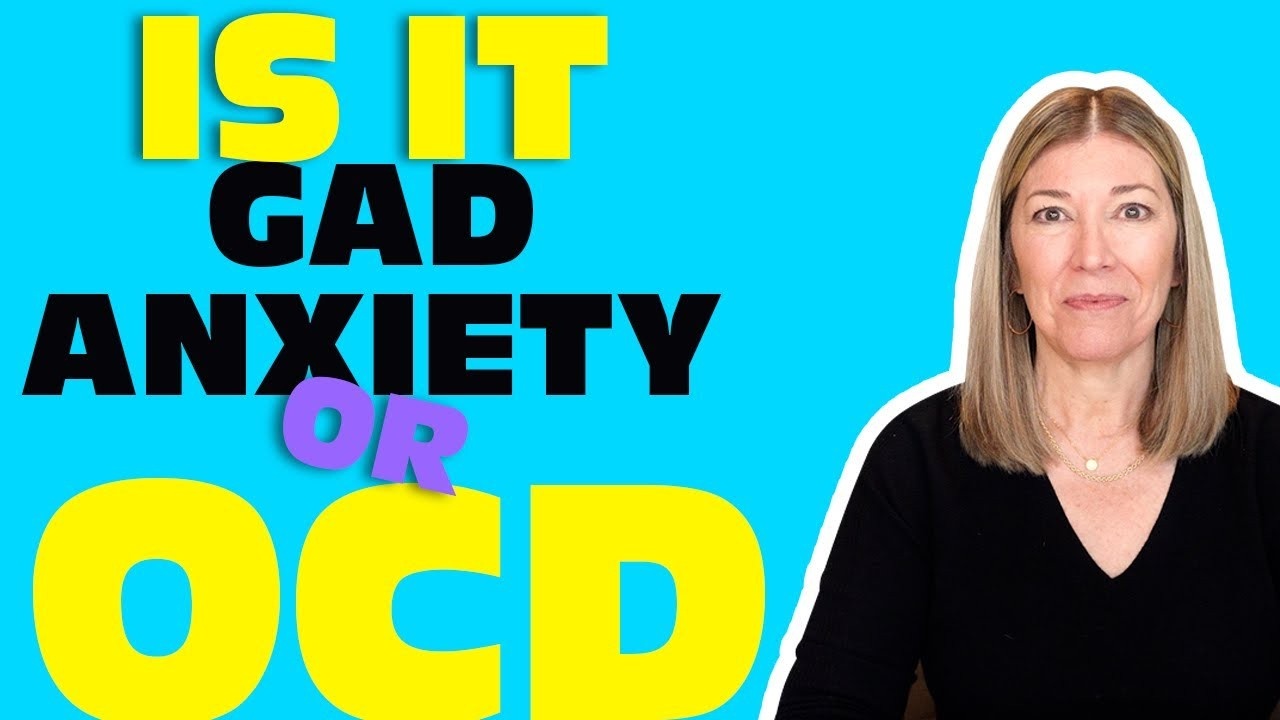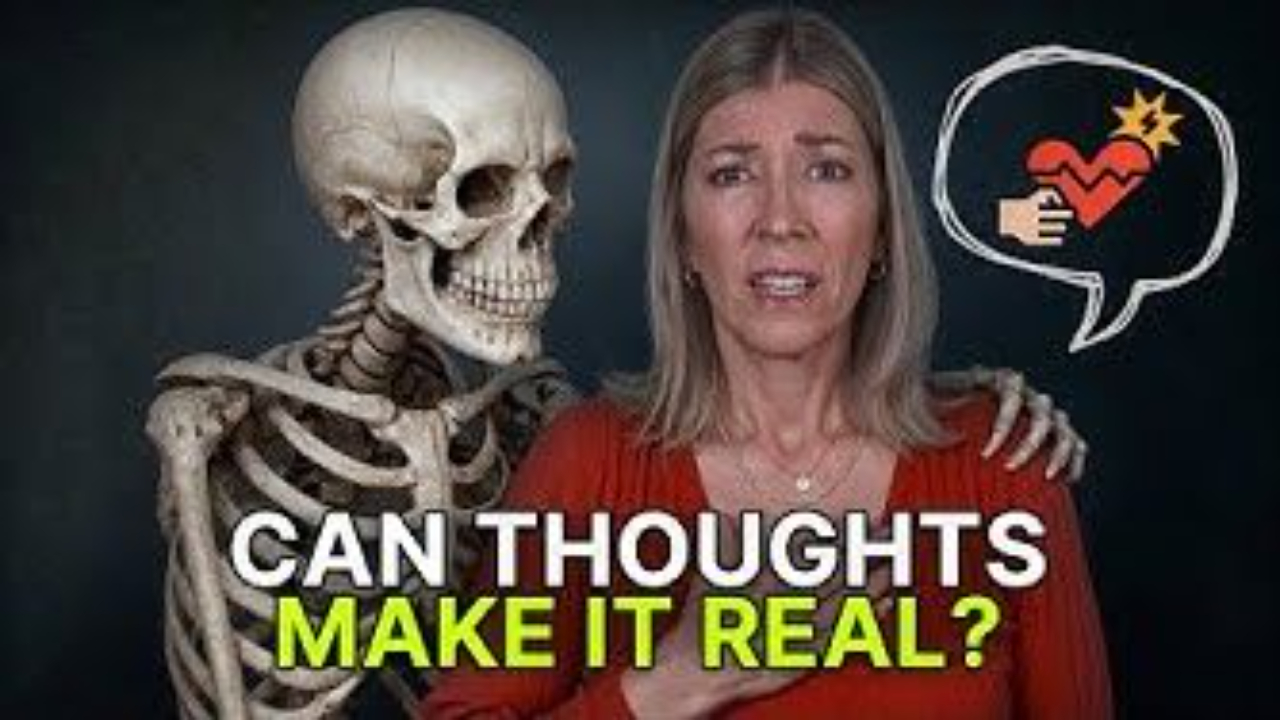
Is it GAD or OCD?
If you're grappling with anxiety and uncertain whether it's Generalized Anxiety Disorder (GAD) or Obsessive-Compulsive Disorder (OCD), understanding the distinctions is vital for tailored treatment. Let's explore the similarities and differences between these conditions to help you gain clarity.
Is it GAD or OCD? Recognizing the Differences
Similarities and Overlaps
Key Differences Between GAD and OCD:
- People with OCD experience "sticky thoughts" or obsessions that get stuck and repeat relentlessly.
- GAD individuals have worries that jump across various topics, feeling more frantic than spiraling.
- OCD obsessions are ego dystonic, opposite to the individual's character, and often irrational. They reflect fears and values that people don't want.
- GAD worries are centered on real-life concerns, although blown out of proportion. They revolve around situations like job interviews, exams, and other potential challenges.
- OCD involves physical compulsions and rituals (e.g., washing, tapping, checking) to alleviate anxiety and discomfort. Mental compulsions include rumination and analyzing.
- GAD individuals typically don't perform compulsions as in OCD. Instead, they might engage in avoidance behaviors and rumination that contribute to maintaining their anxiety.

Are you struggling with OCD or Pure O? Do obsessive thoughts, rituals, and compulsions take over your life? Has it been hard to find a specialist to help you?
If you want to get your life back from OCD or Pure O,
this course is for you.
Impact on Treatment:
- Exposure and Response Prevention (ERP) is the gold-standard treatment, focusing on gradual exposure to fears and preventing compulsive responses.
- Therapies like Acceptance and Commitment Therapy (ACT), mindfulness, and medication might complement ERP.
- ERP can also be effective for GAD in some cases.
- Cognitive-Behavioral Therapy (CBT) with cognitive restructuring and mindfulness-based strategies can help challenge and manage anxious thoughts.
- ACT therapy using cognitive defusion, along with acceptance and mindfulness-based techniques, can be beneficial.
Distinguishing between GAD and OCD is crucial for appropriate treatment. Seek guidance from a trained therapist to accurately identify your condition and devise a tailored treatment plan that addresses your specific symptoms and needs.
Let's Keep in Touch
Subscribe to My Newsletter
We hate SPAM. We will never sell your information, for any reason.







